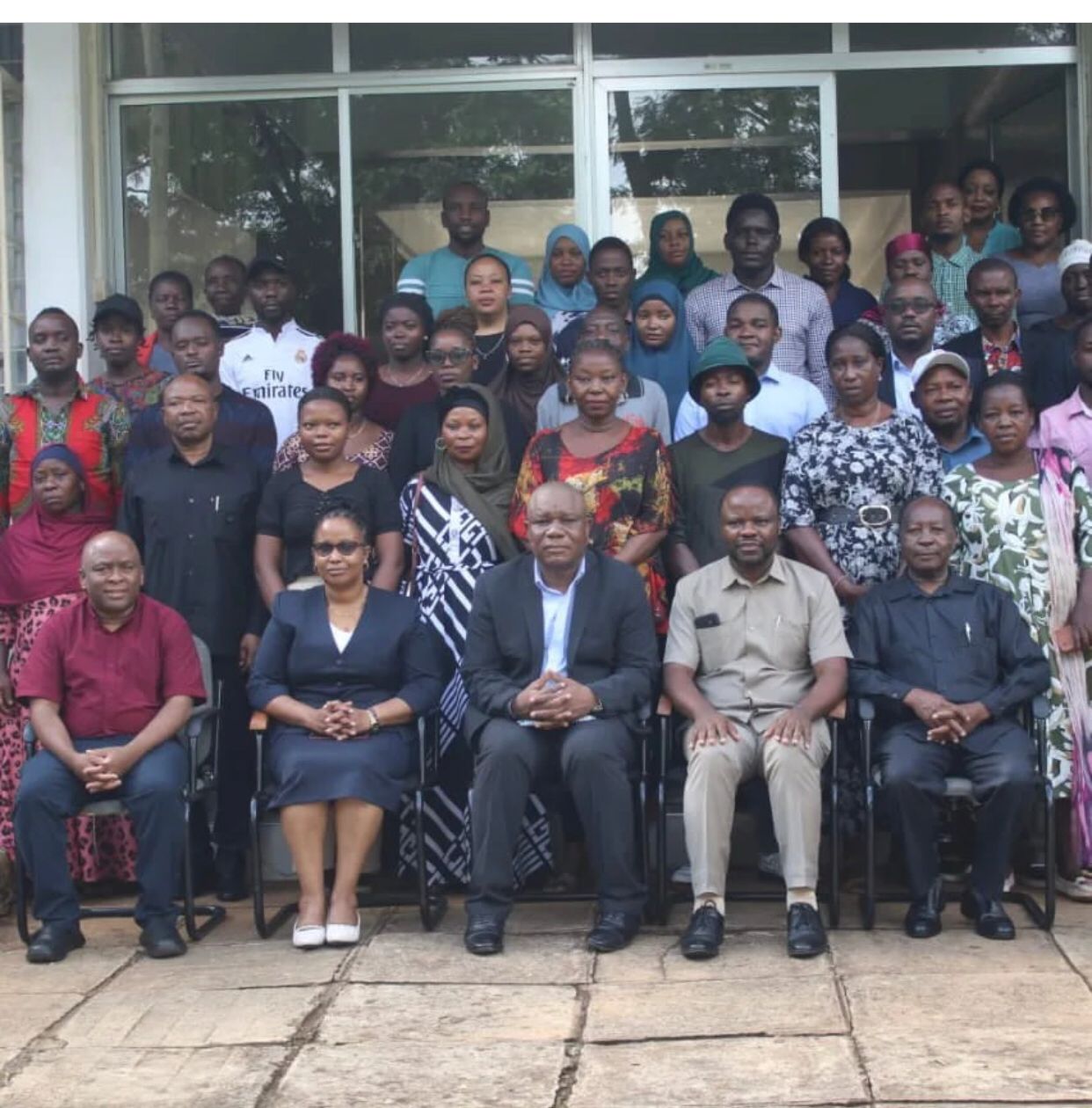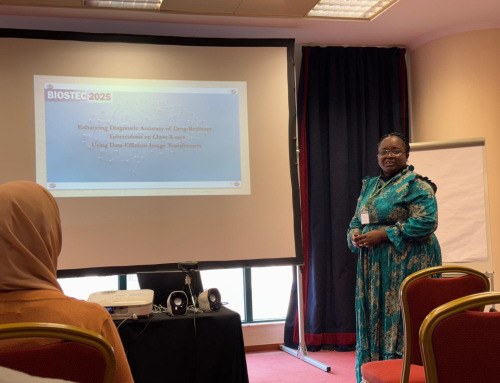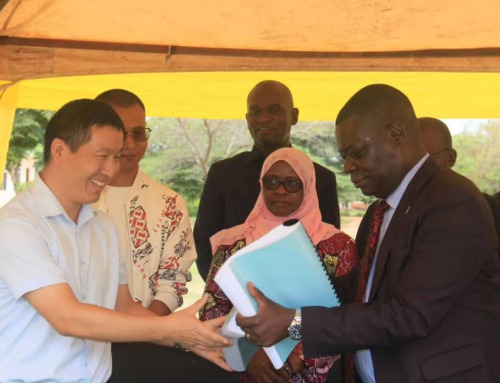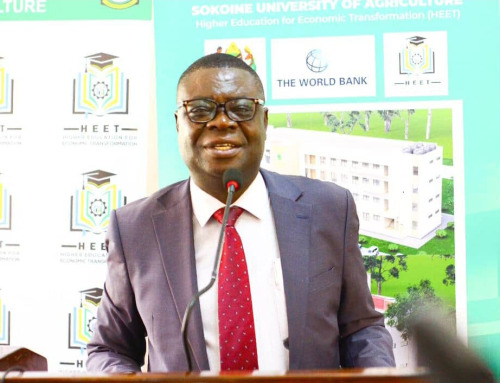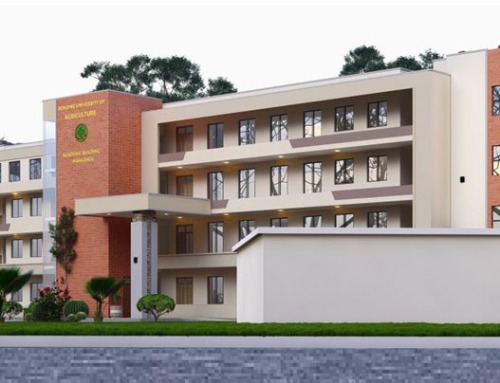In a significant initiative aimed at bolstering the agricultural sector in Mainland Tanzania, a comprehensive training program on quality chicken breeding has been conducted by the Institute of Continuing Education (ICE) at the Sokoine University of Agriculture (SUA). This endeavor, supported by funding from the Higher Economic Education Transformation Project (HEET), has seen the participation of 40 farmers hailing from 8 different regions across the country.
The four-day training regimen represents a crucial continuation of the ongoing efforts by the Institute to empower farmers nationwide. Through concise yet intensive educational interventions, groups of farmers and breeders are equipped with the requisite knowledge and skills to modernize their chicken breeding practices. This initiative addresses a crucial need in the agricultural landscape, where efficiency and sustainability are paramount for economic viability.
Reflecting on the impact of the training, Leokadia Mhapa, a participant from Morogoro, expressed enthusiasm about its potential to enhance its poultry farming endeavors. She highlighted the newfound understanding gained in crucial aspects such as vaccination techniques, optimal feeding practices, and improved infrastructure development for housing poultry. Mhapa’s sentiments resonate with the sentiments of many other participants who view the training as instrumental in elevating their farming capabilities.
Peter Kihiyo, another participant, underscored the significance of the training in augmenting his comprehension of effective chicken farming management. He emphasized the potential to achieve substantial economic benefits even within limited spatial constraints, a testament to the transformative potential of the knowledge imparted through the program.
Dr. Winfred Mbungu, the HEET Project Coordinator, outlined the broader objectives of the project, emphasizing its multifaceted approach to agricultural development. Notably, the collaboration between universities and private institutions is identified as a pivotal strategy for fostering sustainable growth in the sector. SUA’s commitment to continuing education for breeders underscores its longstanding dedication to advancing agricultural practices in Tanzania.
Professor Faustine Lekule, the esteemed facilitator of the training and a lecturer at SUA, emphasized the importance of diligent project management for breeders to realize optimal returns on their investments. His insights underscore the holistic approach adopted by the training program, which not only imparts technical knowledge but also emphasizes strategic planning and execution for long-term success.
According to statistics from the Ministry of Livestock and Fisheries, Tanzania boasts a substantial poultry population, with a total of 92.8 million chickens comprising 42.7 million native chickens and 50.1 million modern chickens. This underscores the significance of initiatives such as the quality chicken breeding training program in ensuring the sustainable development of the poultry industry, both at the grassroots level among individual breeders and on a national scale.

